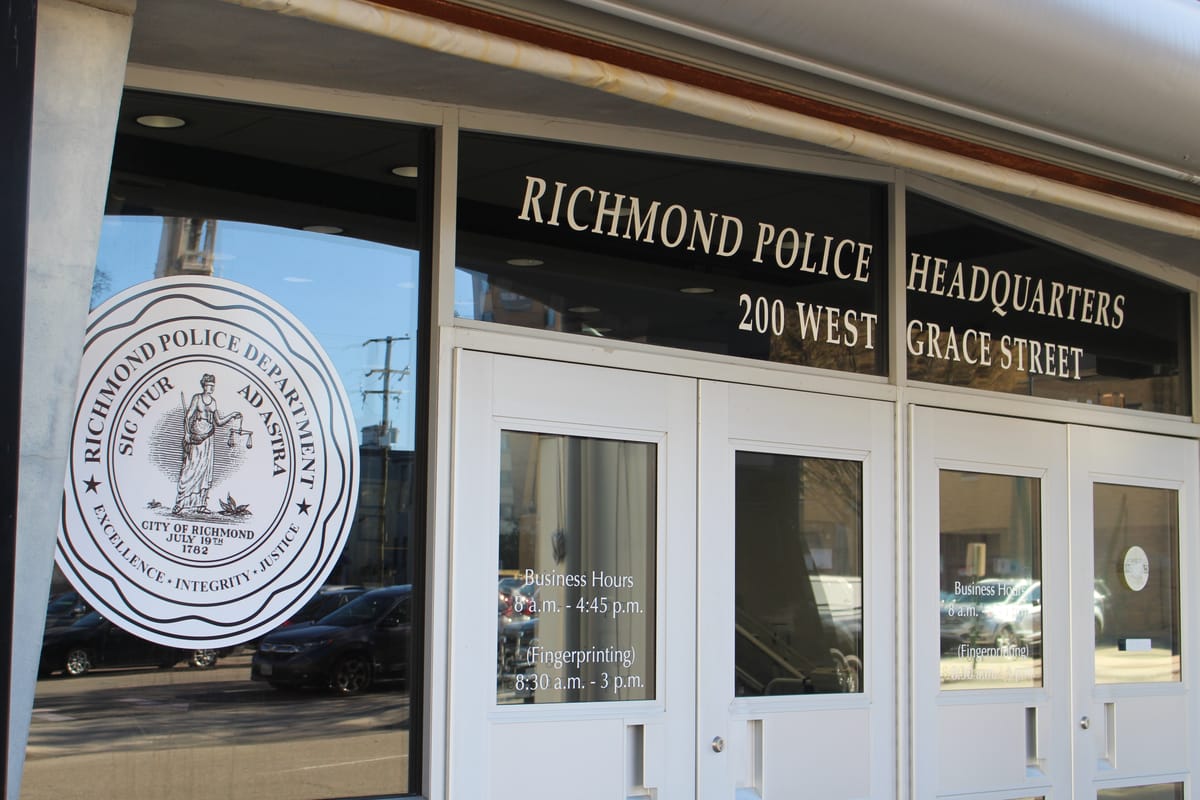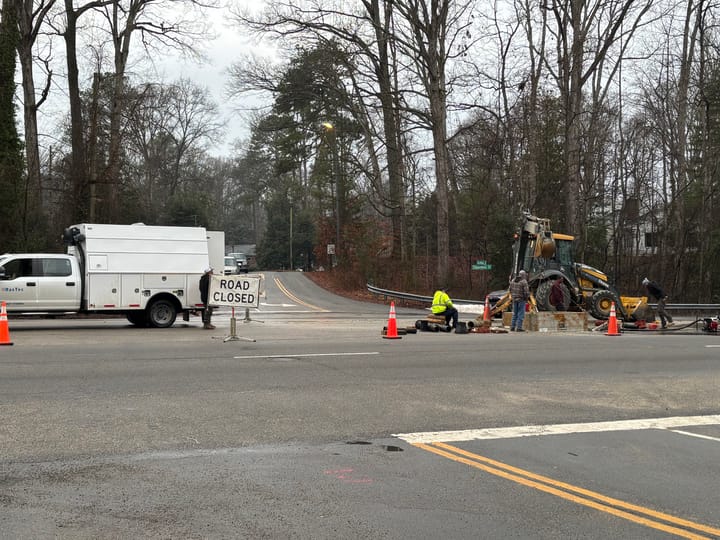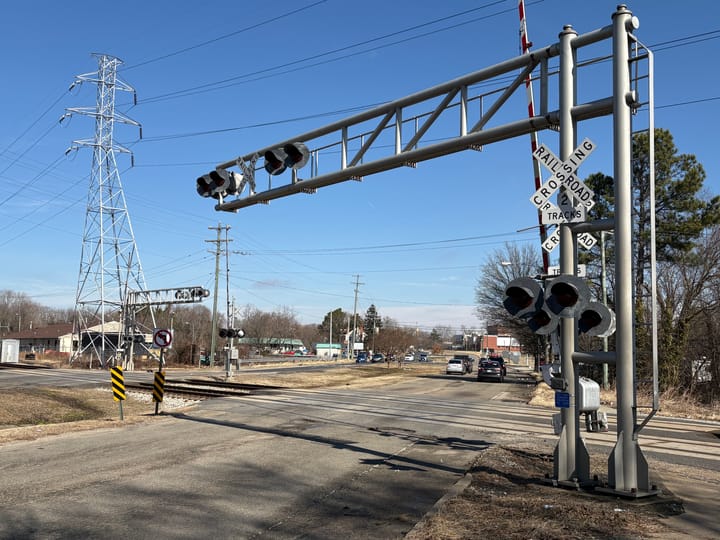
Appeals court overturns ruling that faulted Richmond police for racial disparities in traffic stops
A federal appeals court has reversed a lower judge’s decision to throw out a firearm charge on grounds that the Richmond Police Department pulls over such a disproportionate number of Black drivers that discriminatory intent can be assumed without specific evidence of a racial motive for a particular traffic stop.
The 2024 decision was issued by U.S. District Court Judge John A. Gibney Jr., who opined that Black motorists in Richmond are “getting the short end of the stick” based on data showing a “disgraceful disparity in enforcement of traffic laws.”
“One would think that Virginia’s citizens would cry out in protest over this situation, but they don’t,” Gibney wrote in the initial opinion.
Gibney dismissed an illegal possession of a firearm indictment for defendant Keith Rodney Moore, a Black man whose legal team had argued that statistics alone show Black drivers are treated unfairly on local roads. In light of that, Moore’s defense argued, the traffic stop was unconstitutional.
On an appeal by federal prosecutors, a three-judge panel ruled Gibney’s analysis was overly simplistic, relying on incomplete statistics and overlooking the fact that Moore was stopped in late 2020 because he was driving a vehicle with a fake license plate the officers had already seen on two other cars in the same night.
“The officers thus attempted to stop each of the three cars to question the driver about the tag. This sequence of events is striking only for its normalcy,” the judges wrote in the appellate opinion from the Richmond-based 4th U.S. Circuit Court of Appeals. “Indeed, we expect that the public would be surprised had the officers not stopped Moore in the circumstances presented.”
When police attempted to stop Moore, who had a prior felony conviction, he tried to flee. After he was caught, officers saw a gun on the floorboard of the vehicle, which was the basis for the firearm charge.
The appellate judges concluded “there is a complete absence of evidence that the officers acted with discriminatory purpose.”
So-called pretextual traffic stops — where police stop vehicles for minor issues in order to question and investigate the occupants — have been a subject of heated debate in Virginia. In 2020, the Democratic-led General Assembly reined in police powers to stop drivers over equipment issues like broken taillights or overly tinted windows, a move meant to reduce racial disparities. That change drew some pushback from critics who argue that traffic enforcement can be a valuable tool allowing police to combat more serious issues like illegal guns and drug dealing.
The appeals court ruling said Gibney “rather uncritically” accepted evidence meant to show a pattern of discriminatory policing in Richmond.
At the district level, Moore’s team presented data showing that from July 1, 2020 through Dec. 6, 2020, 77% of traffic stops in Richmond involved Black drivers, while only 14% involved white drivers.
Though stark, the appeals court said more information was needed to understand whether intentional discrimination is the cause of the disparity. The unaddressed variables, the court rules, include how many Black and white drivers were on the roads during that period and law enforcement’s tendency to conduct traffic stops in high-crime areas.
The Richmonder is powered by your donations. For just $9.99 a month, you can join the 1,000+ donors who are keeping quality local journalism alive in Richmond.
Aggregate statistics and Richmond’s history of racial discrimination, the appeals court opined, aren’t enough to explain “why the officers stopped Moore.”
“Moreover, were we to accept that the data presented by the expert witnesses were sufficient to dismiss Moore’s indictment, those same data would, without more, justify dismissing every prosecution arising from the traffic stop of a Black person in Richmond,” the court ruled. “Such a notion is untenable.”
The appeals court ordered the reinstatement of the indictment against Moore, but the defense has the option to appeal the new ruling.
In a news release Tuesday, Richmond Police Chief Rick Edward applauded the ruling.
“This case and the confounding first ruling delivered a significant blow to the morale of our department and to the noble profession of policing in general,” Edwards said. “As we move forward with our overarching goal of a safer Richmond for all, we restate our solemn vow of policing always in good faith.”
The appeals court panel said that while it did not dismiss Gibney’s “larger concern,” the district judge had turned the Moore case into a broader inquiry into law enforcement practices that would be “more suited for a legislative committee.”
Contact Reporter Graham Moomaw at gmoomaw@richmonder.org






